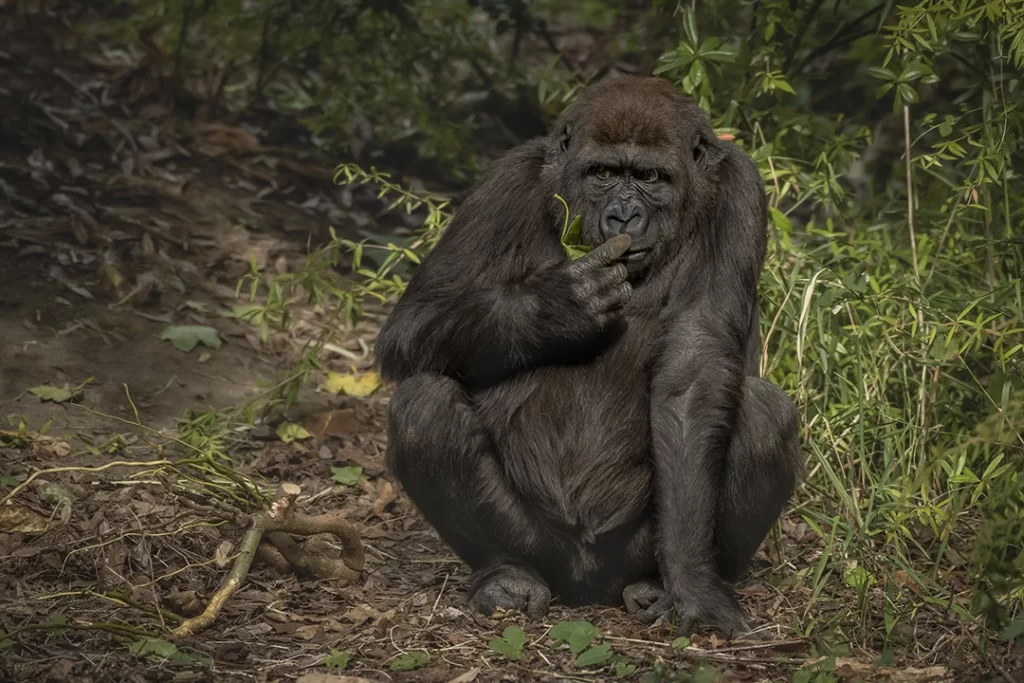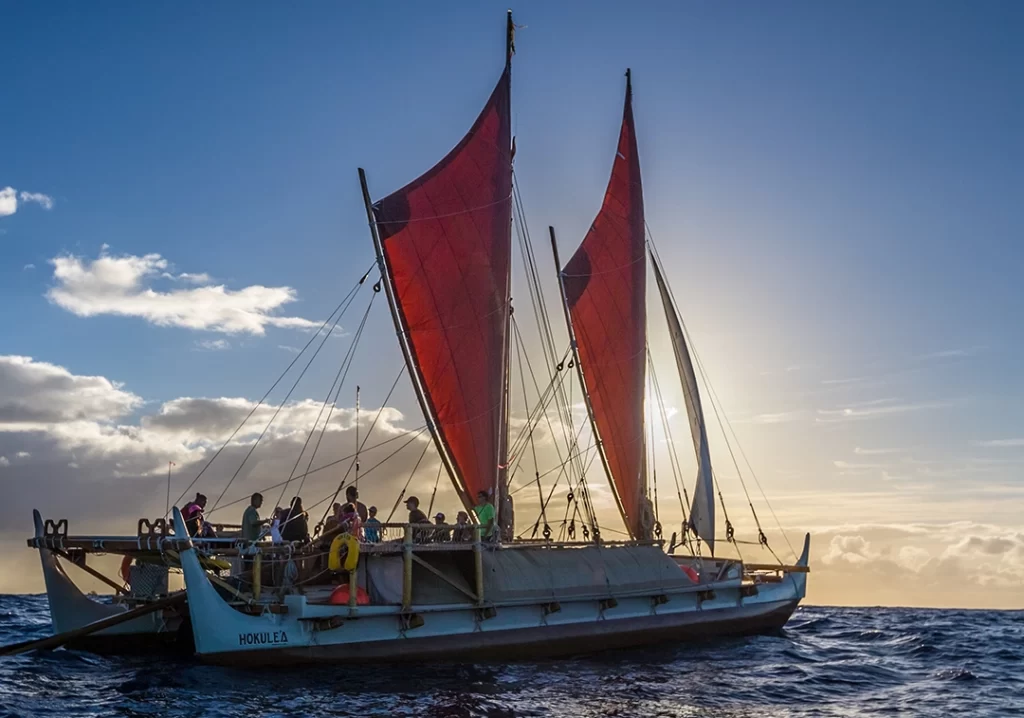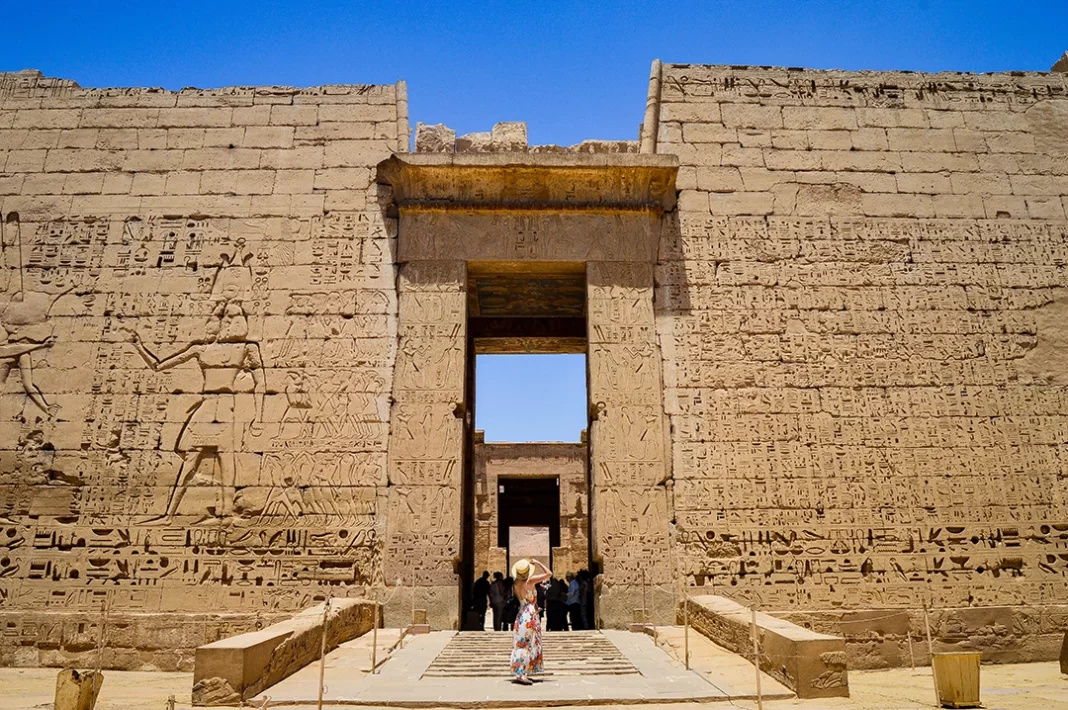For decades we’ve been told by science that humans like us have existed for 300000 years. But when we look at how humanity has lived, grown and advanced especially in recent history common sense demands we ask whether that timeline makes sense.
Does it align with the lives we live today, the values we hold, and the moral awareness deeply embedded in every culture, including our own here in Samoa?
A 300000 year timeline with no legacy
If humans have existed for that long, then billions of lives came and went before anything remotely resembling modern civilisation.
Where are their stories? Their tools? Their wisdom?
We find no libraries, no writing systems, no moral codes, no clear traces of philosophy or faith from those supposed hundreds of thousands of years. History is strangely silent until only a few thousand years ago. Then suddenly, Egypt, Babylon, Greece, Rome and the world we now recognise begins to emerge.
What were humans doing for the 295000 years before that?
If a single century can produce electricity, aviation, medicine, spaceflight, internet and AI, then what could 3000 centuries have achieved? The answer should be obvious—everything. Yet we see nothing. No cultural imprint. No universal language systems. No moral frameworks or religious traditions from that distant past. Not even ruins.
The absence of legacy raises a deeper issue. What was the point of all those human lives if they left no trace of moral purpose or existential truth?
Even more, what does that say about us? If human life is really this long and empty, then we are just temporary flesh surviving the dark—without memory, without meaning, without direction.
But our world today tells a different story. One of sudden emergence, moral structure and a sense of destiny.
The Darwin problem still monkeys no pattern
Darwin’s theory claims humans evolved from a common ancestor shared with monkeys. But if humans evolved, why haven’t monkeys? If nature favours survival and advancement, why did only one species—ours—develop language, culture and global civilisation, while others remained the same?
Evolution is meant to follow consistent patterns across time and species. But in our case, the pattern breaks. One species suddenly emerges with intelligence, morality and memory—without a clear evolutionary trail.
This has led many in the scientific community to question whether Darwin’s model tells the whole story.
Over 1000 doctoral-level scientists worldwide have signed a formal statement of doubt titled A Scientific Dissent from Darwinism, which reads,
“We are skeptical of claims for the ability of random mutation and natural selection to account for the complexity of life. Careful examination of the evidence for Darwinian theory should be encouraged.”
This statement includes signatories from prestigious institutions such as MIT, Cambridge, and Princeton. Their message is clear: Darwinian evolution is not a settled fact. It is a theory under legitimate scientific scrutiny.
Newer frameworks like the Third Way of Evolution and the Extended Evolutionary Synthesis have emerged to address the gaps Darwin’s theory cannot fill. These models attempt to explain complexity through mechanisms beyond natural selection, including epigenetics, cellular systems and non-random variation.

In short, while Darwin’s theory laid the groundwork for modern biology, its limitations have become more visible. And serious scientists are speaking up.
A shorter timeline makes more sense
Compare this to the Bible’s timeline which spans about 6000 years. Within that period, humanity develops farming, cities, government, writing and global movement. Civilisation appears, grows and expands fast.
We don’t see scattered, primitive humans gradually stumbling toward progress. We see structured societies, family systems, skilled labour, metallurgy and even written laws. These things emerge early, not late.
Even the Bible mentions in Genesis 4 that early humans forged tools, built cities and played music. The first generations were already creating and organising. It doesn’t show a slow climb from savagery. It shows humans starting with ability and losing their way morally, not mentally.
This shorter timeline fits what we see around us as a human story full of creativity, destruction, rebuilding and purpose. It shows a humanity capable from the beginning, but not always willing to do good.
Some believe the world before Noah’s flood may have even been technologically advanced, with skills, knowledge and structure, but was wiped out in judgment. That would explain the sudden reappearance of civilisation after the flood. Knowledge wasn’t invented. It was remembered.
Morality the real driver of human progress
Here’s the missing ingredient that science often avoids. Morality.
Not instincts. Not competition. But a deep sense of right and wrong. A belief that some things are sacred and worth protecting, even when there is no reward.
For any society to build lasting innovation, people need more than tools. They need shared values. Trust, honesty, justice and cooperation are moral ideas. Without them, there’s no trade, no education, no progress. There is no foundation for law, no peace between neighbours, and no reason to build for future generations.
These values don’t come from evolution. They are taught, lived and passed down… often grounded in religious faith and belief in a moral lawgiver. That’s why the greatest progress in history has often followed moral awakenings or spiritual revivals, not just scientific revolutions.
Historically, societies that believed in God, who gave laws, purpose and dignity. Built systems that shaped the world, such as hospitals, schools, courts and constitutions. These institutions weren’t born out of survival instincts. They were born from compassion, conviction and conscience.
Even the idea that all people have equal worth did not come from science. It came from faith traditions that taught that every human is made in the image of God.
That’s not the result of evolution. That’s the result of belief in something higher.
The Pacific a witness to the truth
Look at the Polynesian people, such as Samoans, Tongans, Māori, Hawaiians and others, spread across a vast ocean region larger than Russia. For generations, they’ve navigated thousands of miles using the stars, wind, and ocean swells – long before modern maps or compasses. How did they learn this? Where did they come from?
Mainstream archaeology gives vague answers. Migrations, sea drift, accidental landings. But many Pacific cultures have their own oral histories… stories of great floods, chosen people, divine guidance and even references to a supreme Creator. These aren’t primitive myths. They’re fragments of biblical truth, passed down through centuries of oral tradition.
Some Samoan elders speak of Tagaloa, the high god of creation, while others tell of ancestral lineages that mirror stories in Genesis. There are themes of order, rebellion and divine justice. These point to a shared memory of events long before colonisation or modern religion arrived.
If humans had existed for 300000 years with no knowledge of God, why do isolated people in the Pacific carry moral codes, spiritual principles and echoes of Eden-like origins? This points not to random evolution, but to a dispersed humanity holding fragments of a forgotten truth – the biblical record scattered and reshaped by migration and time.

Photo Credit: Photograph by Paul Nicklen, Nat Geo Image Collection
Samoa wasn’t just discovered. It may have been part of a wider journey of human dispersion after Babel in Genesis 11, as people spread across the earth, carrying parts of the truth with them. That would explain the similarities in values, reverence and stories… even in remote islands.
Where is the existential truth in evolution
Evolution tells us we are just clever animals. But that view offers no purpose, no reason for hope, family, faith, or sacrifice. It says our ancestors lived and died only to survive.
But people don’t live that way. Even in suffering, humans ask, why am I here? Even in isolation, people worship. We are not machines, we are seekers of meaning.
That’s why many today are returning to the view that our value, our moral law, and our intelligence point not to accident, but to design.
Time to Rethink the Narrative
When you put it all together. Missing historical records, moral instincts, sudden civilisation, and global spiritual echoes. The case for Darwin weakens. The pattern of humanity points elsewhere.
We are not just evolved animals wandering for hundreds of thousands of years. We are a people with a purpose, created with intelligence and morality, guided by laws written not in DNA but in the heart.
It’s time we stop accepting theories that make us feel like accidents and start seeking the truth.
We were made for more.





